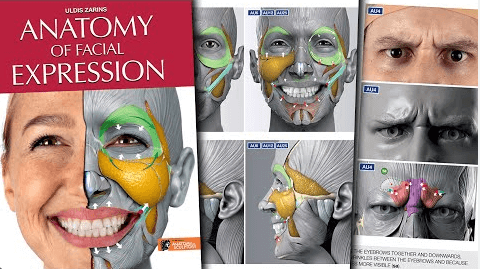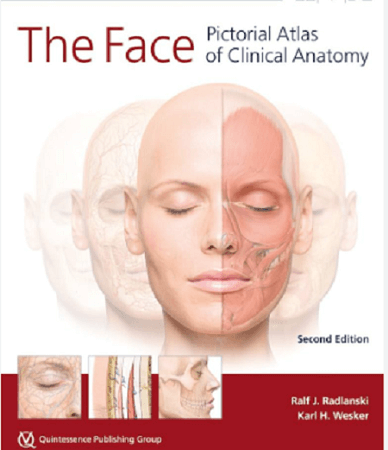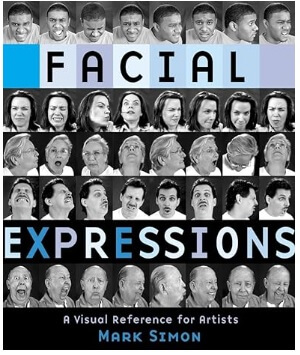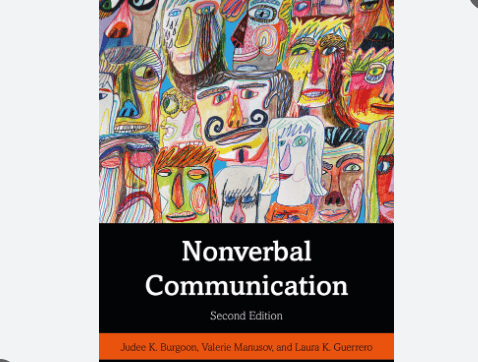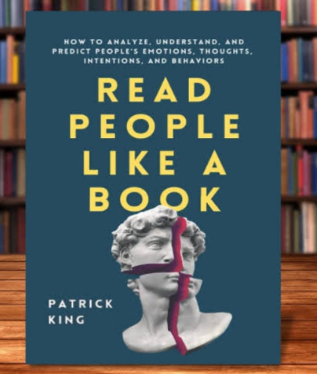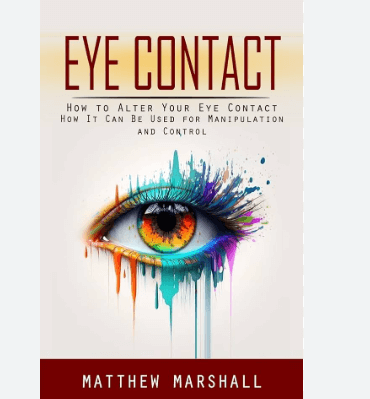Job Loss

- File photo | Credit Getty Images
Handling Unexpected Loss of Job
Alongside the obvious financial benefits, work fulfils a number of crucial functions for subjective well-being, fulfilling basic psychological needs through its time structure and social contacts, providing a collective purpose, status and regular activity, and offereing a source of personal identity and meaning. Work fills our days and gives us a reason to get up in the morning.
It is no great surprise to learn, therefore, that an involuntary job loss does little for our self-worth and life satisfaction. It is well documented (e.g. Paul et al., 2018) that a forced job loss is likely to lead to higher stress levels, depression and anxiety, and lowered self-esteem. Identity can be lost, self-worth can plummet and assumptions about life and the world are often shattered. Job loss has a significant impact on physical health too.
Unemployed people report lower levels of physical health, and there is an astonishing 63% higher risk of death for those who are unemployed (Roelfs et al., 2011), a figure which incorporates increased risks related to factors beyond illness, such as traffic accidents and suicide. A period of unemployment is also linked to higher levels of drinking, smoking and recreational drug use, and the problems associated with that behaviour.
The effect of job loss and subsequent unemployment can last for years, well into an individual’s new career, and the negative effects are pervasive, with research showing that it can have a long-term impact on people’s families, affecting their children’s mental health and education. Coupled with these physical and psychological risks are the economic challenges usually associated with a job loss and the removal of a social network that would often mitigate against the effects of a crisis.
Job loss and unemployment don’t affect everyone to the same degree and it seems that gender, social class, age, length of unemployement and context all have an impact on how easily people adjust to and cope with job loss (Paul et al., 2018). We will look now at some of these in more depth.
Evidence suggests that men suffer more than women. This is thought to be in part because men are likely to earn more than women, making the financial loss more significant for them, and in part as a consequence of social expectations of the man as a breadwinner stereotype, which can make the social stigma of job loss more acute for men.
Some studies show that people from high socio-economic groups find job loss particularly hard to cope with. The explanation offered for this is threefold.
- Firstly, these people are likely to be higher up the corporate ladder and earning more money, which means that they have farther to fall, and therefore more to adjust to.
- Secondly, it is thought that work is more likely to be central to the identity of people from high socio-economic groups, which makes them feel the job loss more keenly.
- The third reason is that redundancy is less common within these groups, and as a result it can feel more stigmatizing.
These assumptions, however, are not uncontested. Arguments are made that those from higher socio-economic groups generally have more financial stability, so can better weather a period of low income.
People from high-status occupations are also more likely to maintain their occupational identity even when they are not working: an unemployed architect is likely to still identify as an architect in a way that an unemployed sales assistant may not, and conserving this sense of identity can help to prevent a loss of self-esteem.
Finally, those from higher socio-economic groups may be more easily able to draw on useful resources for their job search — perhaps having better research skills, more useful networks and the financial resources to pay for support. The overall message seems to be that different social classes may have different particular struggles, but it’s tough for everyone.
Age is another factor that has an impact on how well people cope, and again each stage brings its own challenges. Older job seekers struggle to get back to work and can lose confidence in their perceived value to employers; younger people can find job loss a significant blow to their self-esteem and it can knock their more fragile, evolving identity; those experiencing a job loss during their mid-career can have more demands on their income (such as a mortgage and dependent children) so may find it more difficult financially.
In terms of the length of unemployment, there is what is called a curvilinear relationship with mental health: people feel increasingly worse until they have been unemployed for about nine months at which point people seem to have accepted the position they are in and their mental health stabilises and can even improve. Those who are unemployed for longer periods of time can experience a further decline in their mental health around the two-year mark, because they feel defeated and lose hope of ever working again.
Alongside demographic factors, the context in which people find themselves can have an impact on mental health during a period of unemployment. People’s experiences vary depending on where they live, and it has been found that in poorer countries and in countries with greater wealth inequality, unemployed people are more likely to suffer from mental ill-health. There doesn’t seem to be any consensus on whether the economic climate has an impact: a struggling economy may have a negative impact on mental health since this economic climate might make people feel less confident that they will find work quickly, but high unemployment levels might lessen the social impact and the stigma that can be associated with job loss.
The emotional impact of a redundancy or dismissal can mirror the stages of grief that people experience with a major loss such as a bereavement. Kubler-Ross (1969) came up with a model which identified six stages of grieving that individuals need to work thorugh, (although not necessarily always in this order), to come to terms with a loss: denial, anger, bargaining, depression, exploration and acceptance. Kubler-Ross suggests that an individual’s emotions become progressively worse through the stages and are at their lowest in the depression stage; thereafter, an individual can start to feel more positive about their situation and the future.
A number of authors (for example, Blau 2007; Brenner et al., 2014) have shown that these stages of grief are often associated with job loss, and in the follwinig box 1 offer some ideas for the kinds of thoughts that might be associated with each of the stages.
| Box 1 |
|---|
1. DenialThey can’t mean it – I’m sure they will find another solution.It won’t happen to me. I can’t even think about it. |
2. AngerAfter the years of devotion I have given to them?How dare they treat me like this? What an incompetent set of senior managers! |
3. BargainingMaybe there is another way?Perhaps if I explain it to them properly they will see that it’s not the right choice. If they can just give us another six months we can show them how it could work. |
4. DepressionI’ll never find something else at my age.There is no point in even looking. I’m a failiure. |
5. ExplorationMaybe there are some other options.I might try an evening class. I could just send my CV out. |
6. AcceptanceI can see why it had to happen.It was a good job but it wasn’t perfect. I can see that there might be a good future for me elsewhere. |
If you have clients who are facing redundancy, this can be a very useful model to share with them. It can validate their current feelings and make them feel that they are reacting in a very ‘normal’ way; it can lead them to the realisation that they are trapped in a particular stage, or it may encourage progression to the next stage. It can help them understand where they are now, and allow them to feel hope for the future.
Boundaries
The emotional impact of job loss can be profound and long-lasting. As a career coach, this is something that you should be aware of, so that you can feel confident that the support you offer is suitable for your clients at this time. As noted earlier, the emotional response to an unwelcome job loss can be as all-encompassing as that following a bereavement. Individuals who have worked in a particular role for a long time, who have dependents and who did not receive adequate notice that their job was ending, commonly experience the emotions of grief, including ‘feelings of despair, anger, hostility, social isolation, loss of control, depersonalisation and death anxiety’ (Brewington et al., 2004, p. 81).
As a career coach, it is helpful if you are sensitive to these feelings, because clients will need to come to terms with them before they are likely to be able to move on productively to a new position. You will ned to be very clear about your own professional boundaries when working with clients who are suffering after a job loss. If you feel that their emotional response to the job loss is preventing them from making any progress towards their career goals, you may judge that it is time to have a discussion with them about the potential value of seeing a counsellor.

















